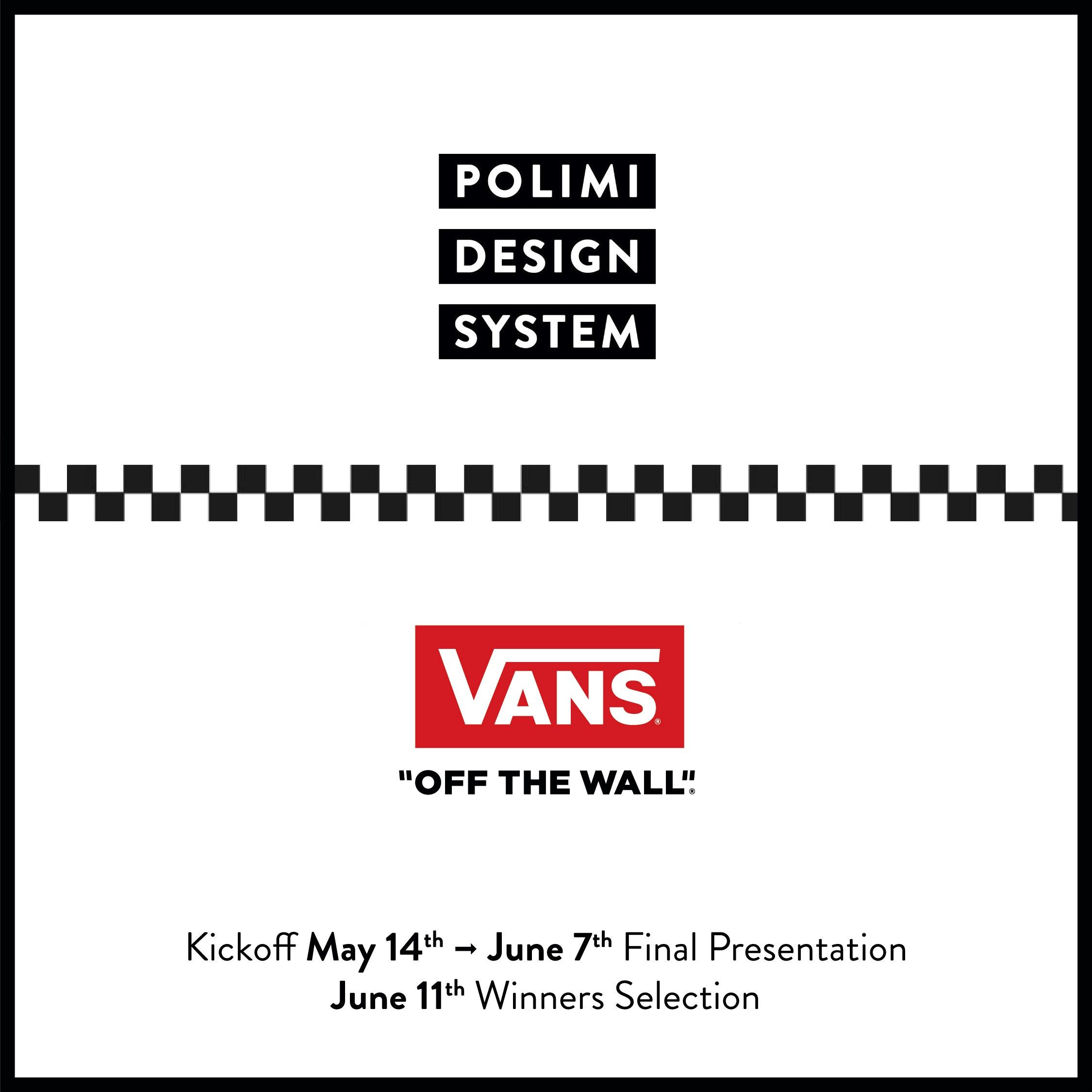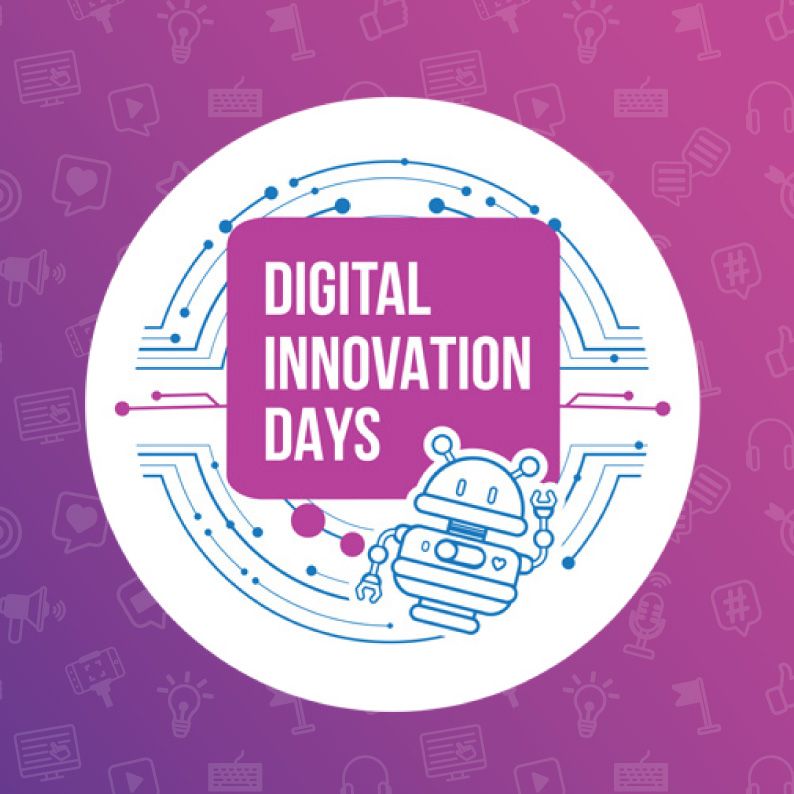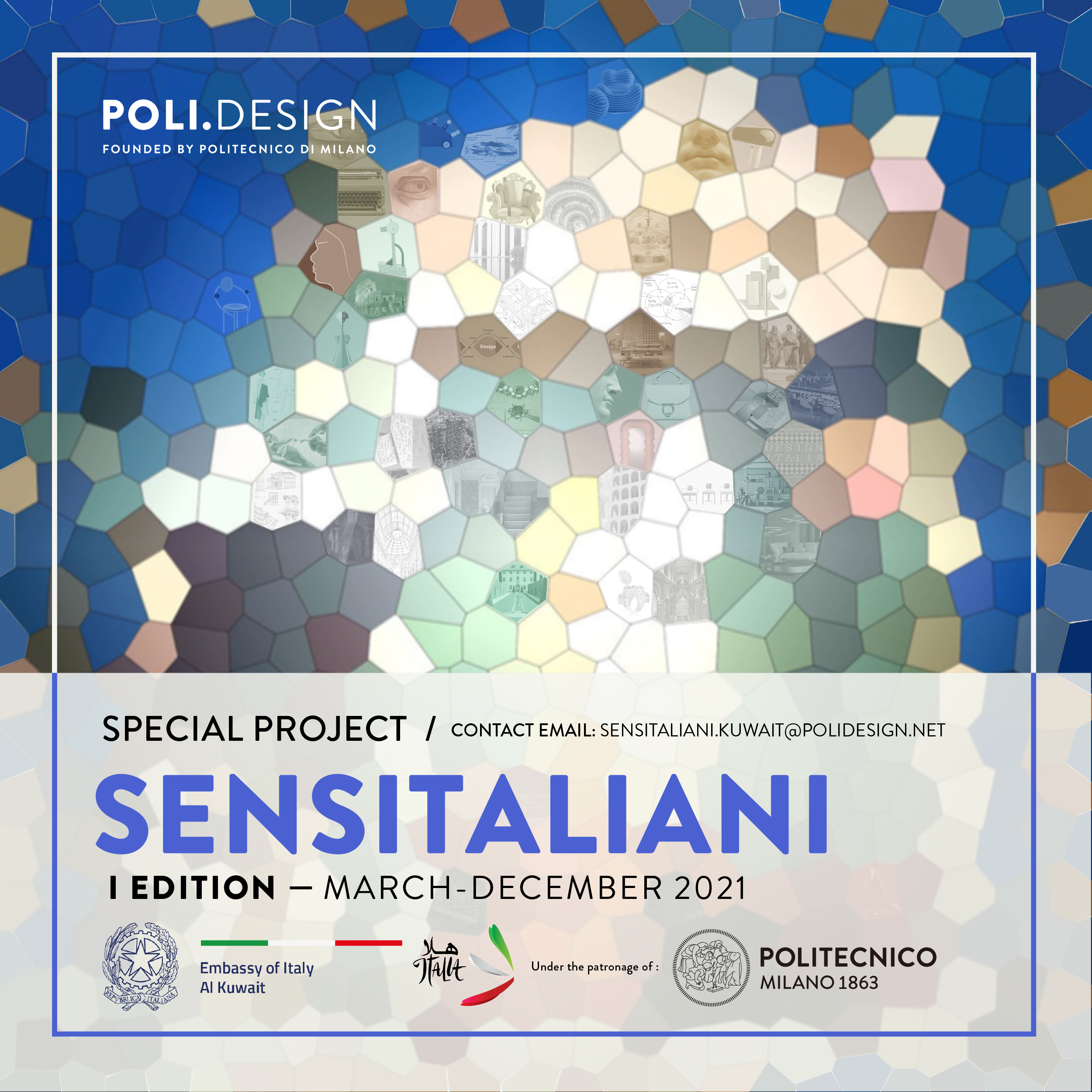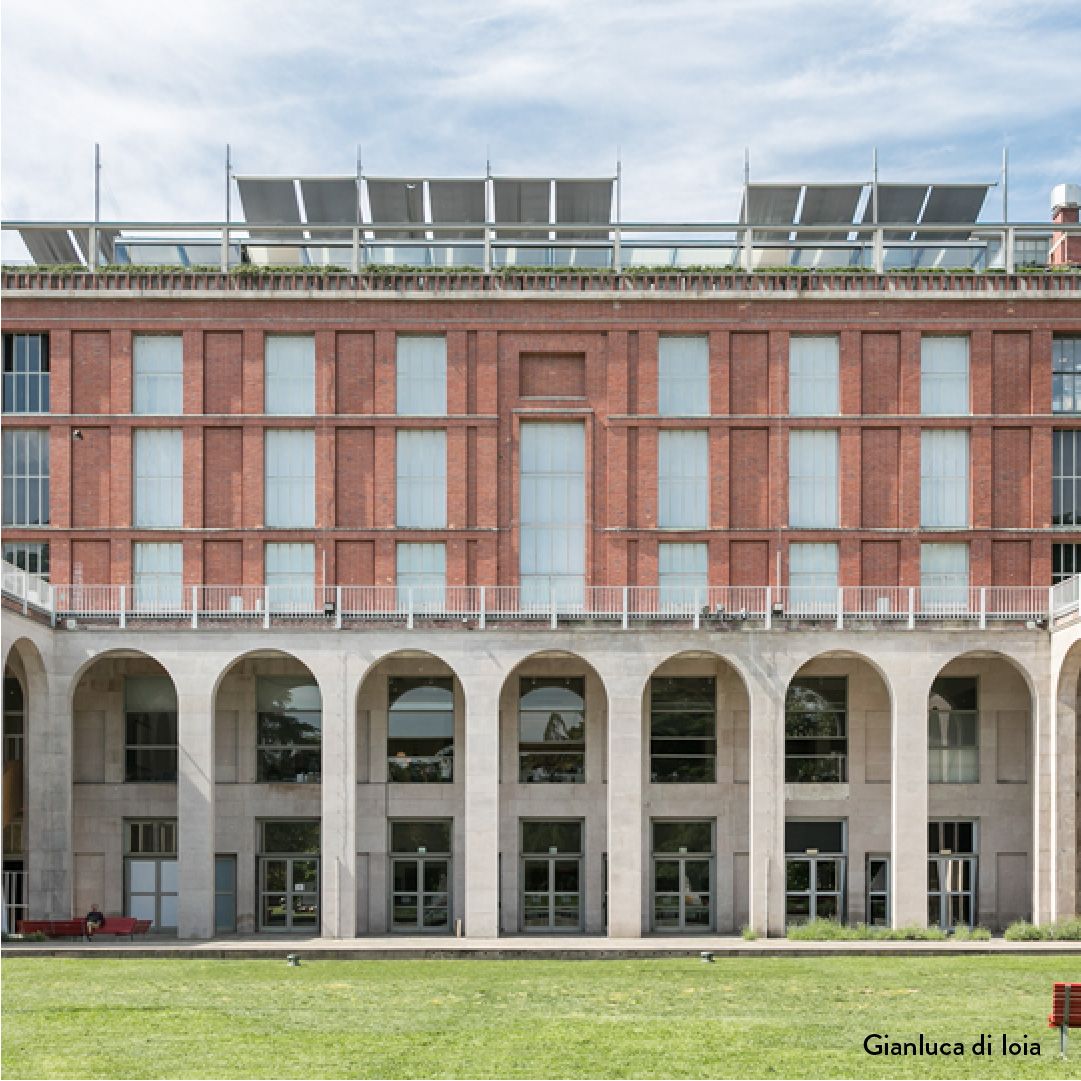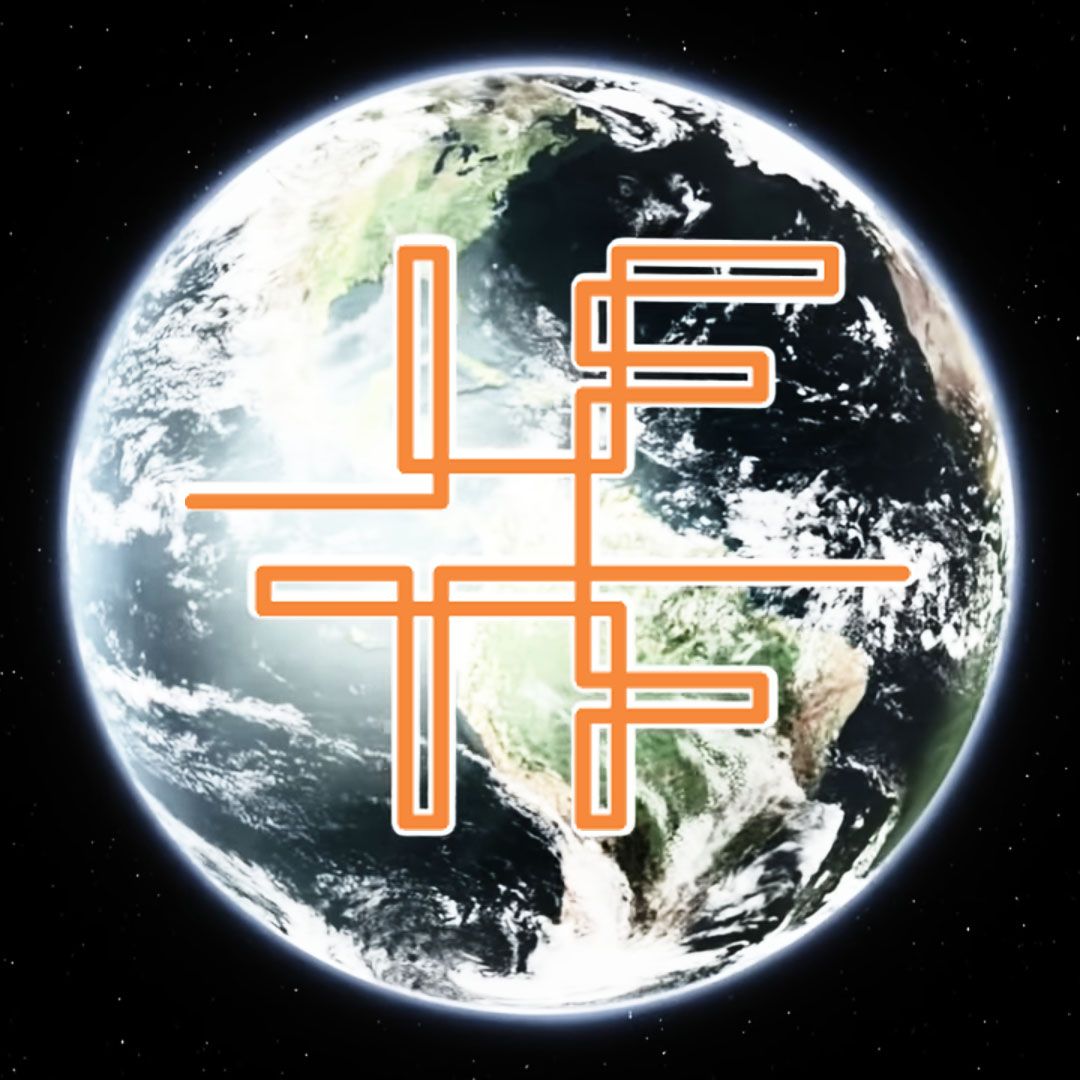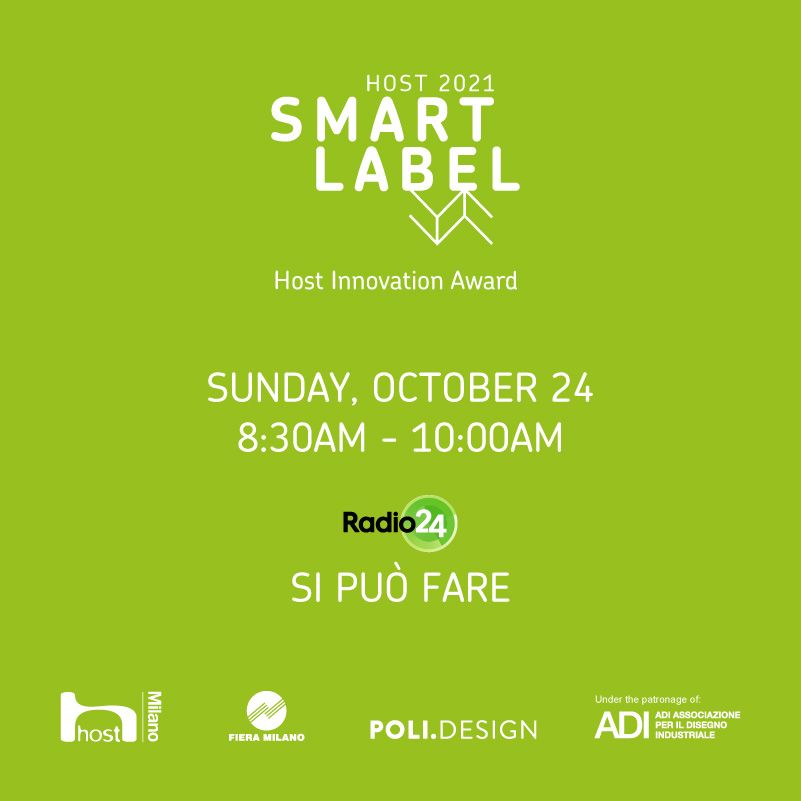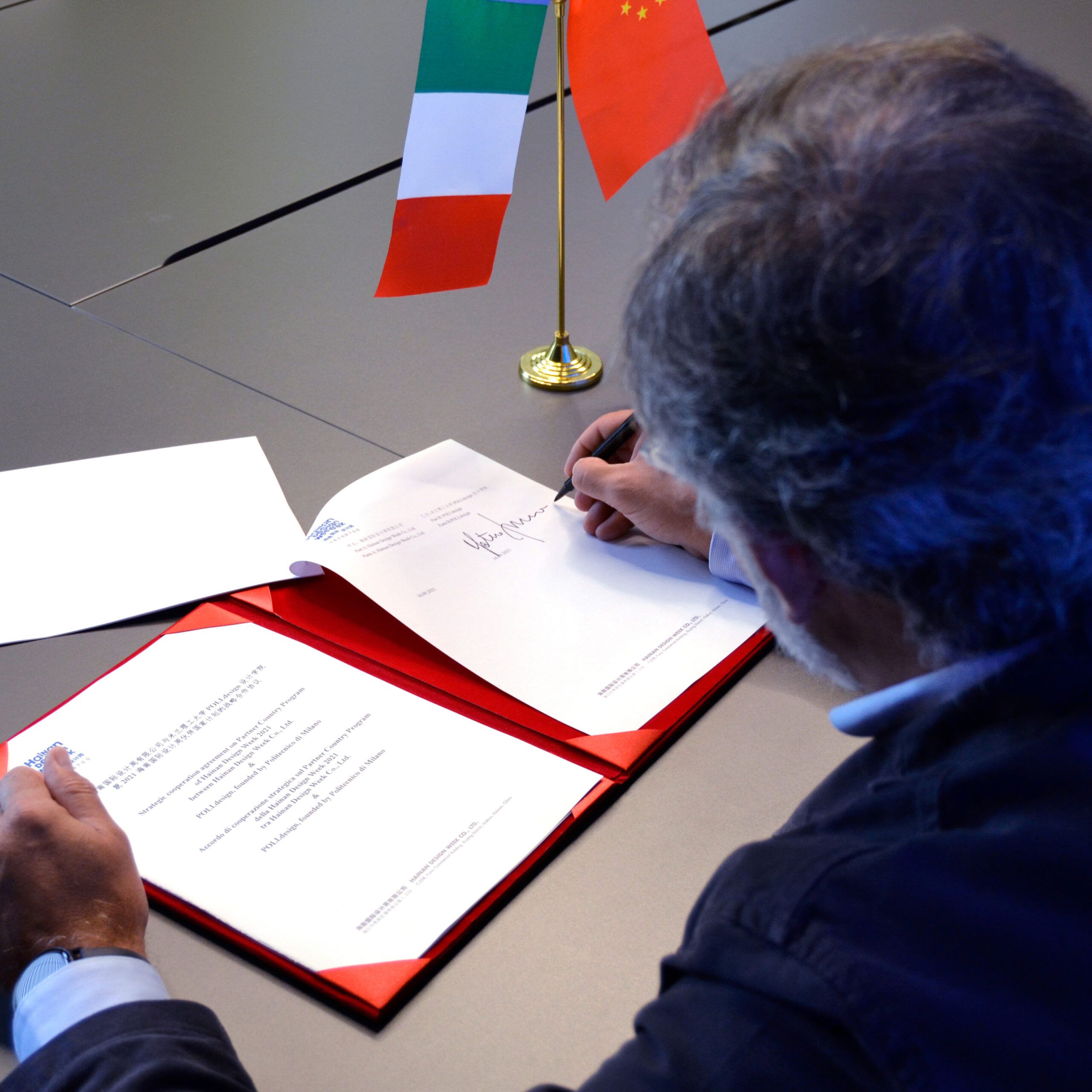Communication
Open Day 2025 | An opportunity to discover POLI.design’s Specializing Masters and Advanced Training Courses

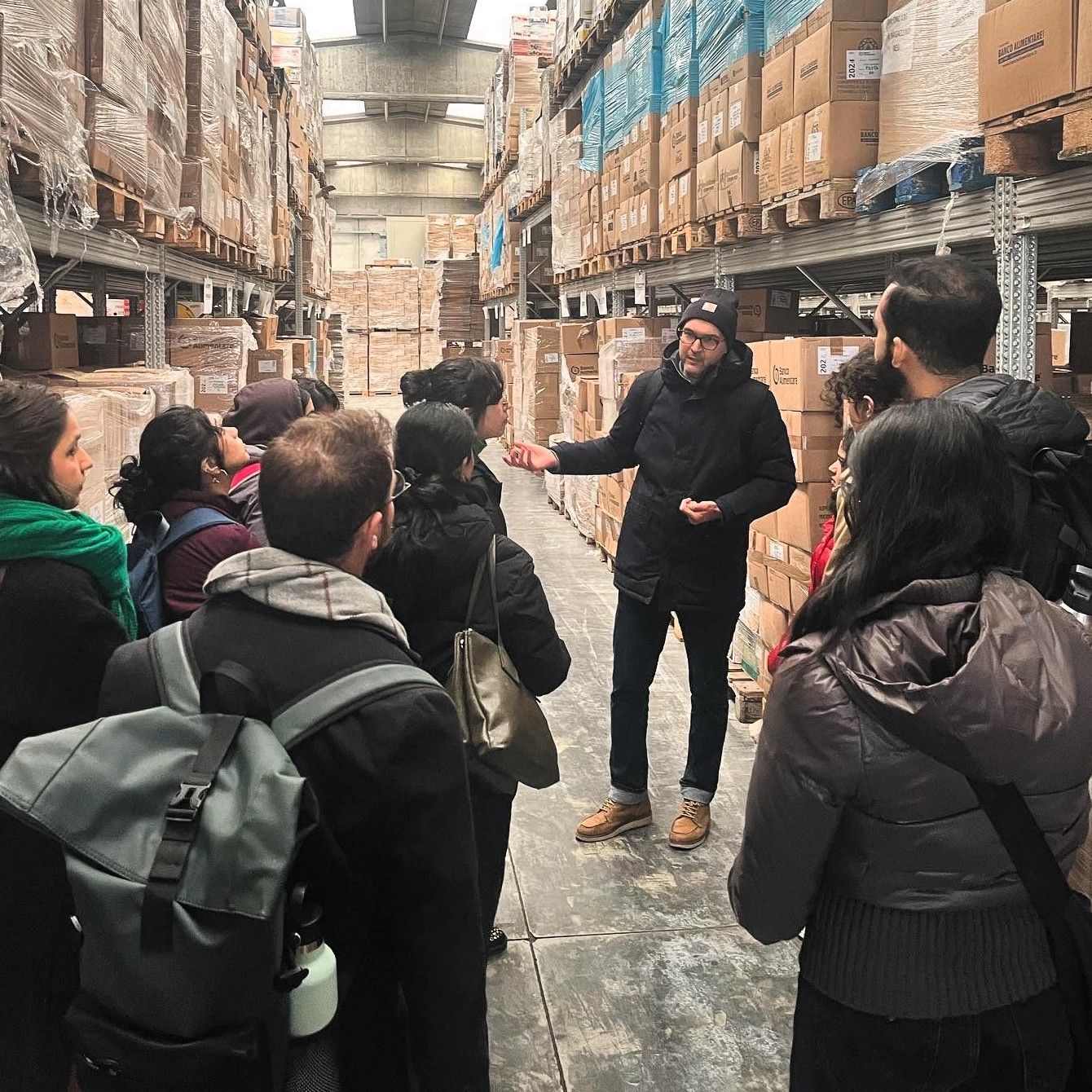
The workshop of the Specializing Master in Strategic Design: a co-design experience for the non-profit sector. An educational activity to fight food waste.
According to the latest ISTAT 2024 data, absolute poverty in Italy affects 5.7 million people, including 14% of minors—the highest rate since 2014. Since 1989, the Banco Alimentare network (comprising Fondazione Banco Alimentare ETS and 21 affiliated organizations) has been collecting and redistributing food surpluses daily. This support reaches over 7,600 local partner organizations (OpT), helping more than 1.79 million people and families in need.
For the third year in a row, students from the Specializing Master in Strategic Design had the opportunity to get an inside look at Banco Alimentare’s activities and visit the Banco Alimentare headquarters in Lombardy.
The goal of the workshop was to apply inclusive and expanded co-design methods to the non-profit sector. Students worked on three briefs: Food-raising, Corporate Volunteering, and Co-communication.
Food-raising includes all those activities to recover food surpluses from the agri-food industry. Students developed ideas and plans to strengthen and expand Banco Alimentare’s corporate network, designing strategies and tools to encourage donations.
Corporate Volunteering engages employees from large companies in tasks like product selection and quality control at Banco Alimentare. In this case, The challenge was to find ways to connect these initiatives with fundraising efforts. Students also worked on FBA’s social marketing strategy in collaboration with agri-food companies. The Co-communication brief asked them to identify new brands for future campaigns. In addition, they defined strategic and media plans outlining the value these new partners could add.
Students’ final projects were presented on February 22nd. Massimo B. Randone (POLI.design lecturer and workshop coach) highlighted:
“Even though this was their first hands-on assignment, our Master students showed a wide range of skills and aptitudes: a strong desire to learn, the joy of collaborative design, and the commitment to delivering high-quality results.”
Margherita Paleari (also a POLI.design lecturer and workshop coach) shared similar opinions: “Imagining the future and working with a back-thinking approach allowed students to identify the necessary short-term actions to implement the required changes and make the desired future scenario more achievable. All the projects were goal-oriented, showing a strong motivation to give meaning to actions and create long-term, impactful initiatives for future generations. It’s inspiring to see such confidence in the future and the belief that we can shape it with our ideas and projects.”
